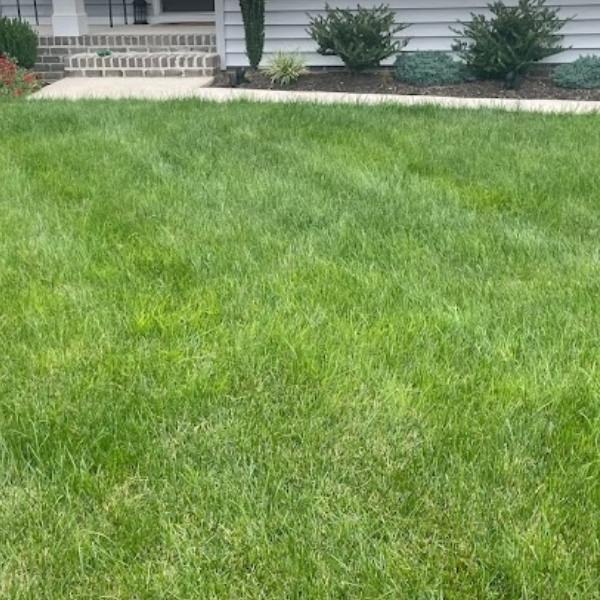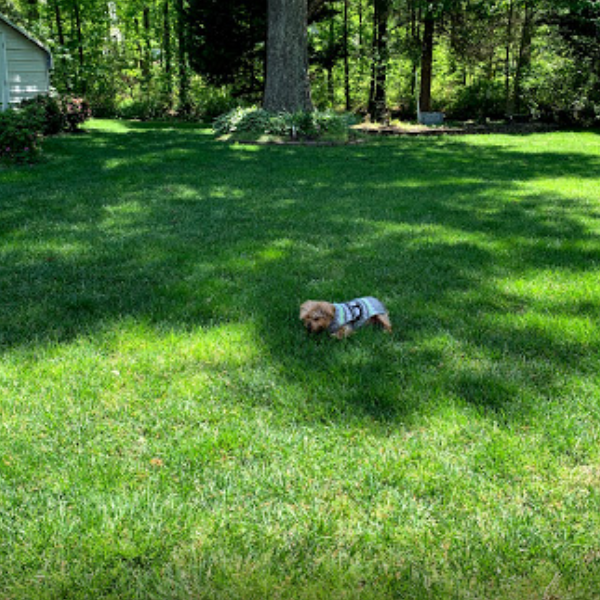
L.S.L. Lawn Service
L.S.L. has joined forces with Virginia Green, broadening our combined capabilities to create a regional partnership!
L.S.L. Lawn Service & Virginia Green
We're excited to announce that L.S.L. of Waldorf, MD, has joined forces with Virginia Green, a fellow leader in lawn care across the Mid-Atlantic region. While things may look a little different, one thing remains the same: our commitment to providing you with the exceptional lawn care service you've come to expect.
Stronger Together
You'll continue to work with the same dedicated team of experts you know and trust from L.S.L., now backed by the resources, science, and customer service of Virginia Green.
- Continued dedication to quality: The skilled technicians you know and trust are now part of a larger team committed to upholding the highest standards of service.
- Enhanced support: Virginia Green's wider infrastructure provides additional resources and support to ensure ongoing quality and efficiency.
- Local focus, regional strength: We remain committed to serving our communities with personalized attention, now backed by the strength of a regional leader.
If your lawn was previously cared for by L.S.L. Lawn Service and you have any questions regarding your account, please contact Virginia Green by phone at 301.274.3001 or email at QuestionsLSL@VirginiaGreen.com.

Need a Lawn Care Estimate?
Click below to request your free estimate from Virginia Green, or call 301.274.3001 today. We love making local lawns green — and would love to do the same for yours!
Our Services
Lawn Care
L.S.L. and Virginia Green can transform your lawn into the envy of your neighborhood, eradicating weeds and delivering lush, healthy turf.
Pest Control
Our programs protect your home from the intrusion of pests and repel mosquitoes, fleas, and ticks to create the perfect outdoor oasis.
Tree & Shrub Care
L.S.L. & Virginia Green offers tree and shrub care services to help you maintain, protect, and care for your landscape's valuable assets.
Supplemental Services
Beyond our lawn care programs, we offer a variety of supplementary services to address lawn issues and elevate your outdoor space.

What Our Customers Say

Absolutely amazing lawn care service! They truly go the extra mile for their customers. Our lawn always looks amazing, and any questions or concerns I’ve had have always been addressed immediately. Truly a professional company. Highly recommend!

Never have I seen my lawn more green or full. I had Trugreen for 7 months and saw no difference in my lawn. After 2 applications with Virginia Green, my lawn looks amazing. Kudos to Virginia Green. The only downside is I have to mow it every week now as it is growing so fast. THANKS VIRGINIA GREEN!
